Last week my oldest son turned five. I remember five years ago it hit me just how totally helpless babies are. I was terrified when we were being discharged from the hospital because somehow those crazy nurses trusted me to take care of this infant that couldn’t even lift his own head. Christmas had a special significance for me that year. The idea that God himself would become a human baby was ridiculous, the God that time itself worships as its Creator became something as totally powerless as an infant. What a truly incredible thing to believe.
Why would God do this? Why would he humiliate himself by becoming one of us?
The answer that our Catholic faith gives us is so extraordinary it’s scandalous. St. Thomas Aquinas summed it up this way, “The only-begotten Son of God, wanting to make us sharers in his divinity, assumed our nature, so that he, made man, might make men gods.” Or, as St. Athanasius’ put it, “God became man so that we might become God.”
See, we are all broken in some way; we are all truly helpless in the face of the challenges in our life. For some of us this helplessness is always before us and for others it may only present itself when something threatens our life or the life of a loved one to betray our powerlessness, our limitations, our finitude. For some this brokenness may be public, on display for all to see, a physical disability or illness that frames one’s whole life. Or some of us have hidden struggles, addictions, sexual disorders, loneliness, burdens unseen by others that we feel left to carry alone. And some of this brokenness may be spiritual, a lack of trust in God’s goodness that paralyzes us in fear or a perfectionism that desperately seeks the approval of others in order to feel valued.
But God entered into this helplessness, he became one of us so that we may become like Him. Yes, Jesus came to heal us of our brokenness and save us from our sins, but that’s not the end of the story. St. Peter said that Jesus came so that we may become “partakers of the divine nature” (2 Pt: 1:4). God didn’t come just to restore us, he came to make us divine! He didn’t just save us from our sins, he saved us for eternal life. He came to bridge the gap between God and man so that we could participate in the very life of the Holy Trinity.
God meets us where we are at, he comes to us in our brokenness, he enters into our helplessness to draw us to himself. We don’t believe in a God who’s wrath needed to be satiated by the blood of his Son, we believe in a God who so desperately loves us and wants us to share in his own divine life that he would descend to our level and pay the debt of sin that we could not pay ourselves.
We encounter this transformative love of God most powerfully during the liturgy. Next time you go to Mass, especially as you celebrate the Christmas liturgy, pay attention to the words the priest says at the altar as he mixes the water and wine, “May we come to share in the divinity of Christ who humbled himself to share in our humanity.” Bring your brokenness, your sins, and your wounds to the altar and let the Lord take your helplessness upon himself and not just heal your wounded nature, but transform it into something divine.
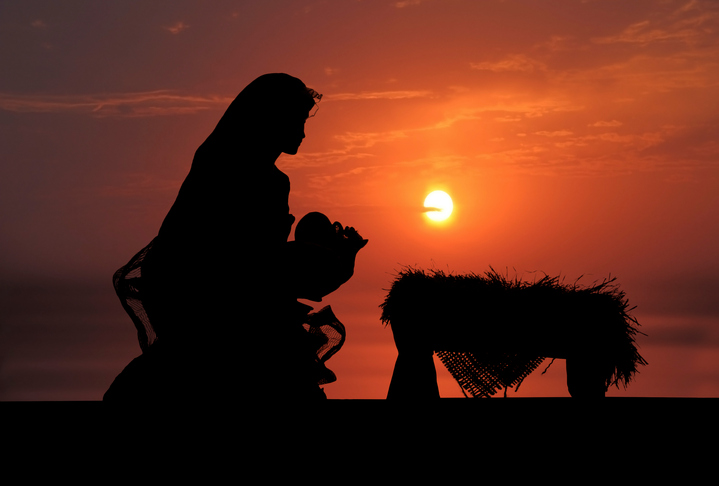
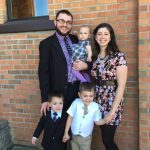 Paul Fahey is a husband, father, and a parish director of religious education. He is a student of Theology, History, and Catholic Studies. If you like what he has to say, check out his blog,
Paul Fahey is a husband, father, and a parish director of religious education. He is a student of Theology, History, and Catholic Studies. If you like what he has to say, check out his blog, 
 Beth Price is a Secular Franciscan (OFS) and spiritual director who has worked in several parish ministry roles during the last 20 years. She is a proud mother of 3 adult children. Beth currently works at Diocesan.
Beth Price is a Secular Franciscan (OFS) and spiritual director who has worked in several parish ministry roles during the last 20 years. She is a proud mother of 3 adult children. Beth currently works at Diocesan.
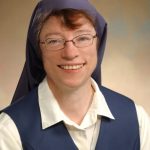 Sr. Marianne Lorraine Trouve’ has been a member of the Daughters of Saint Paul since 1976. She has an MA in theology from the University of Dayton and has served on the editorial staff of Pauline Books & Media for over 20 years. She is the author of several books, including
Sr. Marianne Lorraine Trouve’ has been a member of the Daughters of Saint Paul since 1976. She has an MA in theology from the University of Dayton and has served on the editorial staff of Pauline Books & Media for over 20 years. She is the author of several books, including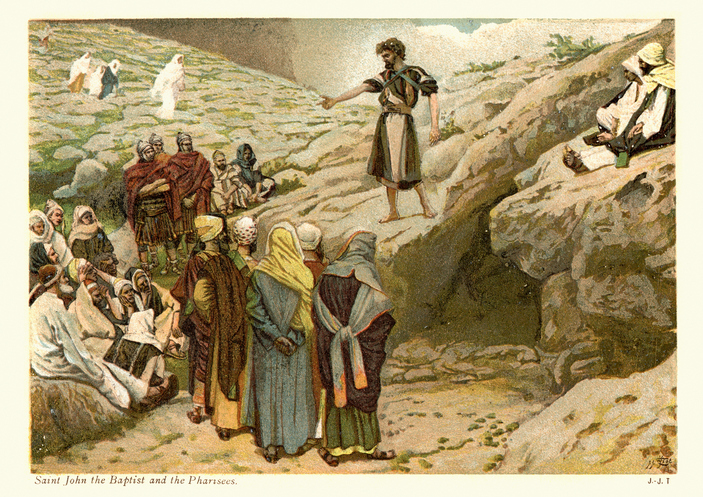
 Sr.
Sr. 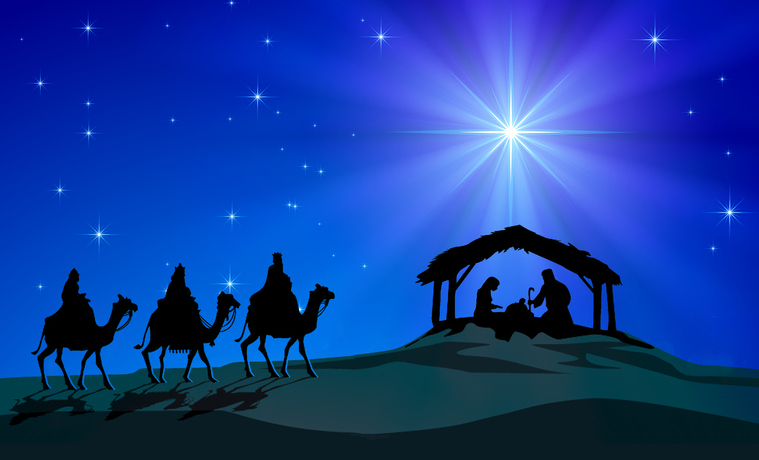
 Sr. Kathryn J. Hermes, FSP is a compassionate mentor and guide. Through her writing and online ministry she takes others along with her on her own journey of spiritual transformation, specializing in uncovering in the difficult moments of life where God’s grace is already breaking through. Connect with her website and blog:
Sr. Kathryn J. Hermes, FSP is a compassionate mentor and guide. Through her writing and online ministry she takes others along with her on her own journey of spiritual transformation, specializing in uncovering in the difficult moments of life where God’s grace is already breaking through. Connect with her website and blog: 
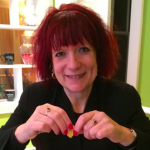 Jeannette de Beauvoir works in the digital department of Pauline Books & Media as marketing copywriter and editor. A graduate of Yale Divinity School, where she studied with Adian Kavanagh, OSB, she is particularly interested in liturgics and Church history.
Jeannette de Beauvoir works in the digital department of Pauline Books & Media as marketing copywriter and editor. A graduate of Yale Divinity School, where she studied with Adian Kavanagh, OSB, she is particularly interested in liturgics and Church history.
 Clark Thompson graduated from Franciscan University of Steubenville in 2012 with degrees in Business Administration, Philosophy, and Theology. Baptized in the Christian Reformed Church, he received his sacraments of initiation at Franciscan in 2009. For the last four years he has studied for the Diocese of Kalamazoo, Michigan at both Mundelein Seminary in Chicago and Sacred Heart Major Seminary in Detroit. A list of his notable teachers includes Bishop Robert Barron, Father Emry de Gaál, Dr. John Bergsma, Deacon James Keating, Dr. Mary Healy, and the Chicago Missionaries of Charity sisters with whom he completed a year-long internship.
Clark Thompson graduated from Franciscan University of Steubenville in 2012 with degrees in Business Administration, Philosophy, and Theology. Baptized in the Christian Reformed Church, he received his sacraments of initiation at Franciscan in 2009. For the last four years he has studied for the Diocese of Kalamazoo, Michigan at both Mundelein Seminary in Chicago and Sacred Heart Major Seminary in Detroit. A list of his notable teachers includes Bishop Robert Barron, Father Emry de Gaál, Dr. John Bergsma, Deacon James Keating, Dr. Mary Healy, and the Chicago Missionaries of Charity sisters with whom he completed a year-long internship.
 During the week, Matt is a mentor for individuals who have developmental and intellectual disabilities. On the weekends, he is a drummer for Full Armor Band.
During the week, Matt is a mentor for individuals who have developmental and intellectual disabilities. On the weekends, he is a drummer for Full Armor Band.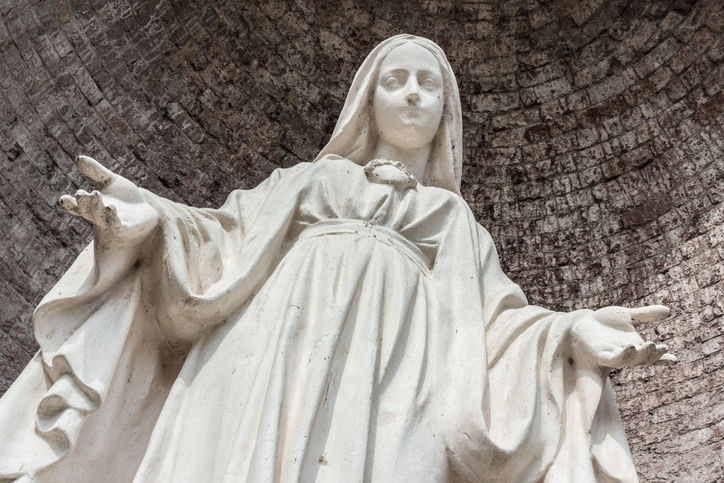
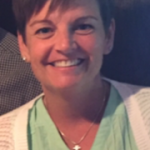 Amy Oatley is a wife, mother, and Secular Franciscan (OFS), passionate about social justice, advocating for the dignity of every human life. A writer since elementary school, she currently enjoys freelance writing for diocesan FAITH Magazine and is privileged to work as the RCIA and Adult Faith Formation Coordinator at Our Lady of Consolation parish in Rockford, Michigan.
Amy Oatley is a wife, mother, and Secular Franciscan (OFS), passionate about social justice, advocating for the dignity of every human life. A writer since elementary school, she currently enjoys freelance writing for diocesan FAITH Magazine and is privileged to work as the RCIA and Adult Faith Formation Coordinator at Our Lady of Consolation parish in Rockford, Michigan.
 Briana is a Catholic Doctrine teacher at Our Lady of Mt. Carmel school in Cleveland, OH. She received her Bachelor of Arts in Theology and Catechetics from the Franciscan University of Steubenville, OH and is excited to use these skills to bring her students closer to Christ and His Church. “My soul has been refined and I can raise my head like a flower after a storm.” -St. Therese
Briana is a Catholic Doctrine teacher at Our Lady of Mt. Carmel school in Cleveland, OH. She received her Bachelor of Arts in Theology and Catechetics from the Franciscan University of Steubenville, OH and is excited to use these skills to bring her students closer to Christ and His Church. “My soul has been refined and I can raise my head like a flower after a storm.” -St. Therese
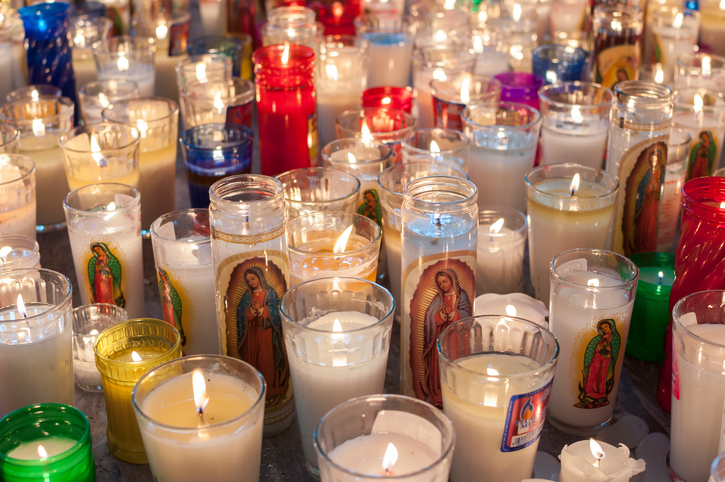
 Noah is a seminarian for the Diocese of Grand Rapids, MI. He received his Bachelors degree in finance and economics from Grand Valley State University. He has a strong devotion to the Blessed Mother and his favorite Saint is St. John Paul II.
Noah is a seminarian for the Diocese of Grand Rapids, MI. He received his Bachelors degree in finance and economics from Grand Valley State University. He has a strong devotion to the Blessed Mother and his favorite Saint is St. John Paul II.